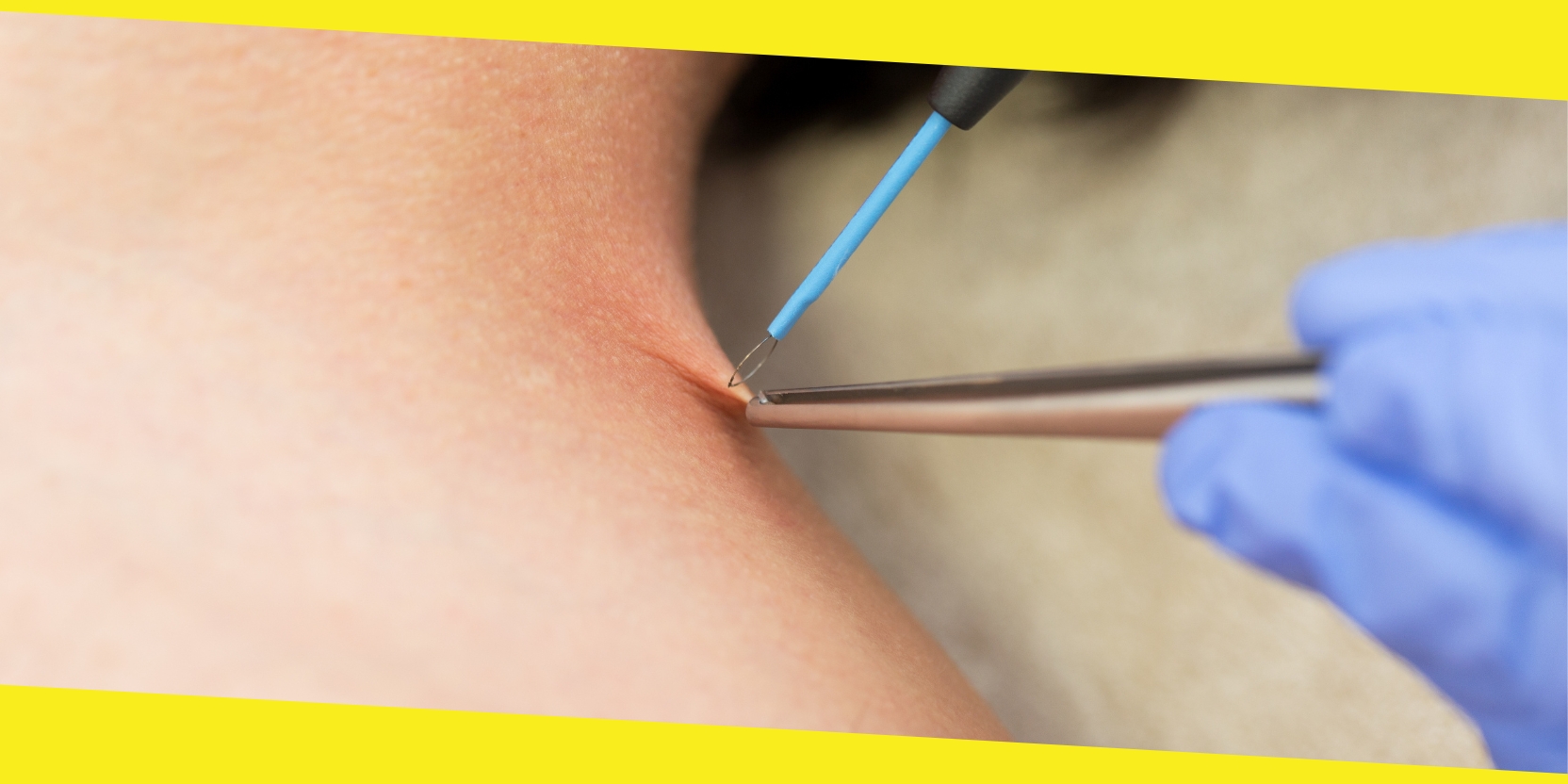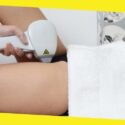Treatment Options For Warts

Warts are a common skin condition that can appear anywhere on your body and can be of various sizes and shapes. If you have warts, knowing the available treatment options is important to decide which one will be best for your particular case. Mill Creek warts can be treated with different options, such as topical medications.
Warts diagnosis is important to identify the right treatment option. A doctor can diagnose your warts and recommend a suitable treatment plan according to your underlying condition and the type of wart you have. The diagnosis can be made through visual inspection or by taking a tissue sample from the wart and examining it under a microscope.
Types of warts
These are some of the types of warts:
- Common warts: These are raised, rough bumps that have a gray or white color and typically appear on the hands, feet, or face.
- Plantar warts: These warts are flat and usually found on the bottom of your foot. They usually cause pain when pressure is applied to them.
- Flat warts: These are small, smooth bumps that appear in clusters and can be found on the face, arms, or legs.
- Genital warts can appear on the genitals, anus, and rectum.
These are some of the symptoms you should know:
- Small bumps on the skin
- Itching or burning sensation
- Rough, scaly patches of skin
- Pain when pressure is applied to the warts
Causes of warts
Some of the causes include:
- Direct contact with the virus: You can get warts if you come into contact with the virus, either through direct skin-to-skin contact or by touching an object that has the virus on it.
- Weak immune system: People with weak immune systems are more likely to develop warts.
- Shaving or waxing: This can leave your skin vulnerable to infection and increase the risk of contracting warts.
- Damaged skin: If you have any cuts or scrapes on your skin, you are at a higher risk of getting warts.
Here is a detailed breakdown of the recommended treatment options:
Topical medications
These are medicines that you apply directly to the wart itself. Examples include salicylic acid, antiviral creams, and immunotherapy creams such as imiquimod. These medications destroy the virus that causes warts and can eventually make them disappear.
Cryotherapy
This is a freezing method using liquid nitrogen to destroy warts. It works by freezing the wart tissue, which kills and causes it to fall off after several treatments. This procedure can be uncomfortable, especially on sensitive skin areas, so numbing agents are sometimes used before treatment.
Electrosurgery and laser surgery
These are surgical treatments that use heat to destroy the wart tissue. This requires a local anesthetic and can leave a scar after it is done. They are usually used when other treatments do not work.
Natural remedies
Many natural remedies for warts have been used for centuries. Examples include using garlic, apple cider vinegar, and tea tree oil. While there is no evidence to suggest that these remedies are effective, some people believe they work and can be worth a try.
Home remedies
Home remedies for warts include soaking the affected area in warm water, using tape or duct tape to cover the wart, and applying banana peel or castor oil directly to the wart.
Whatever treatment option you choose, it is advisable to consult with your doctor at Hansen Foot & Ankle.
Recommended For You
Pros & Cons of Consuming Brown Rice
Most Inside
Most Inside offers high-quality recommendations and valuable updates to enhance all aspects of your life, providing premium guidance and enriching experiences.




